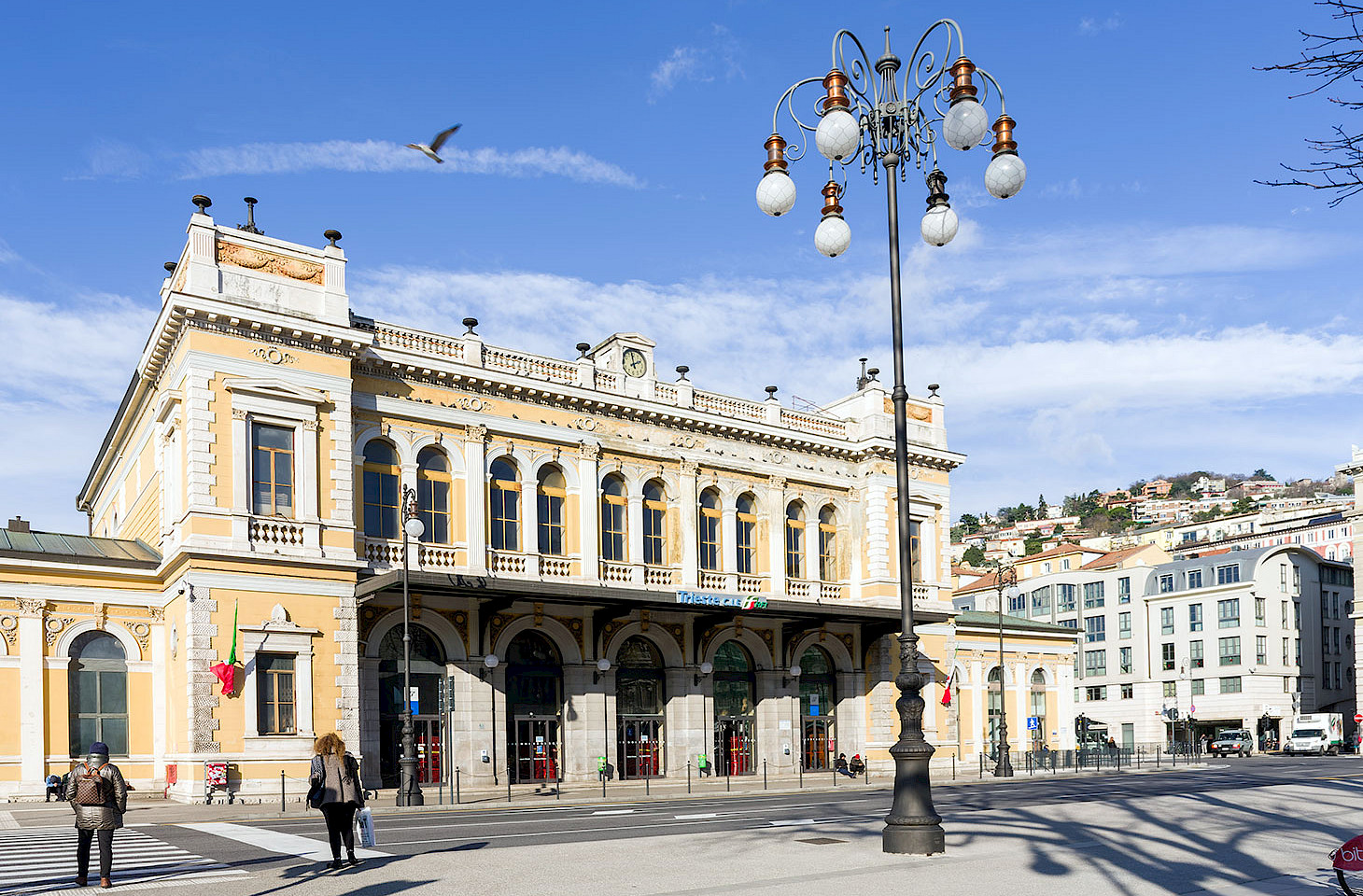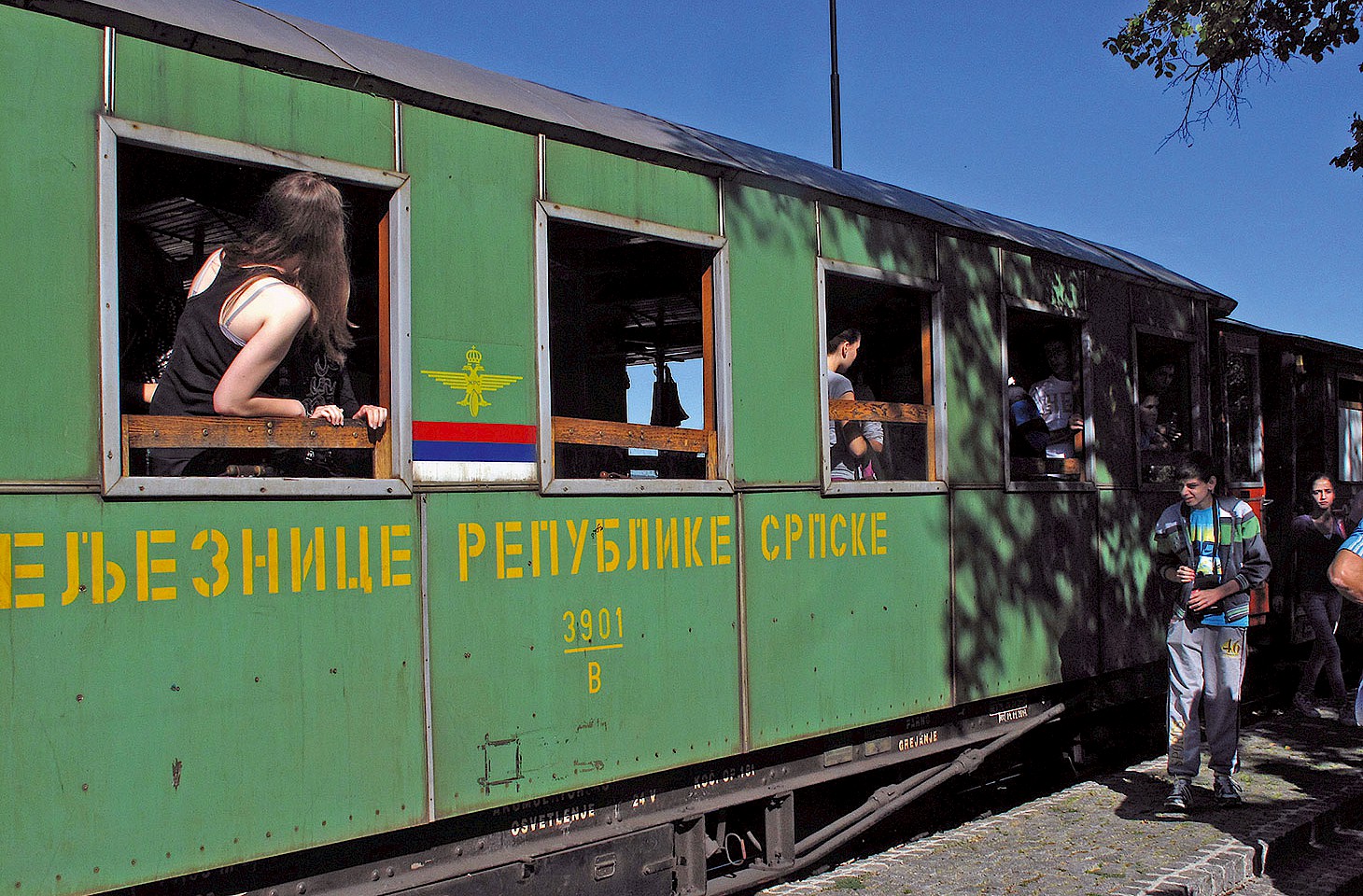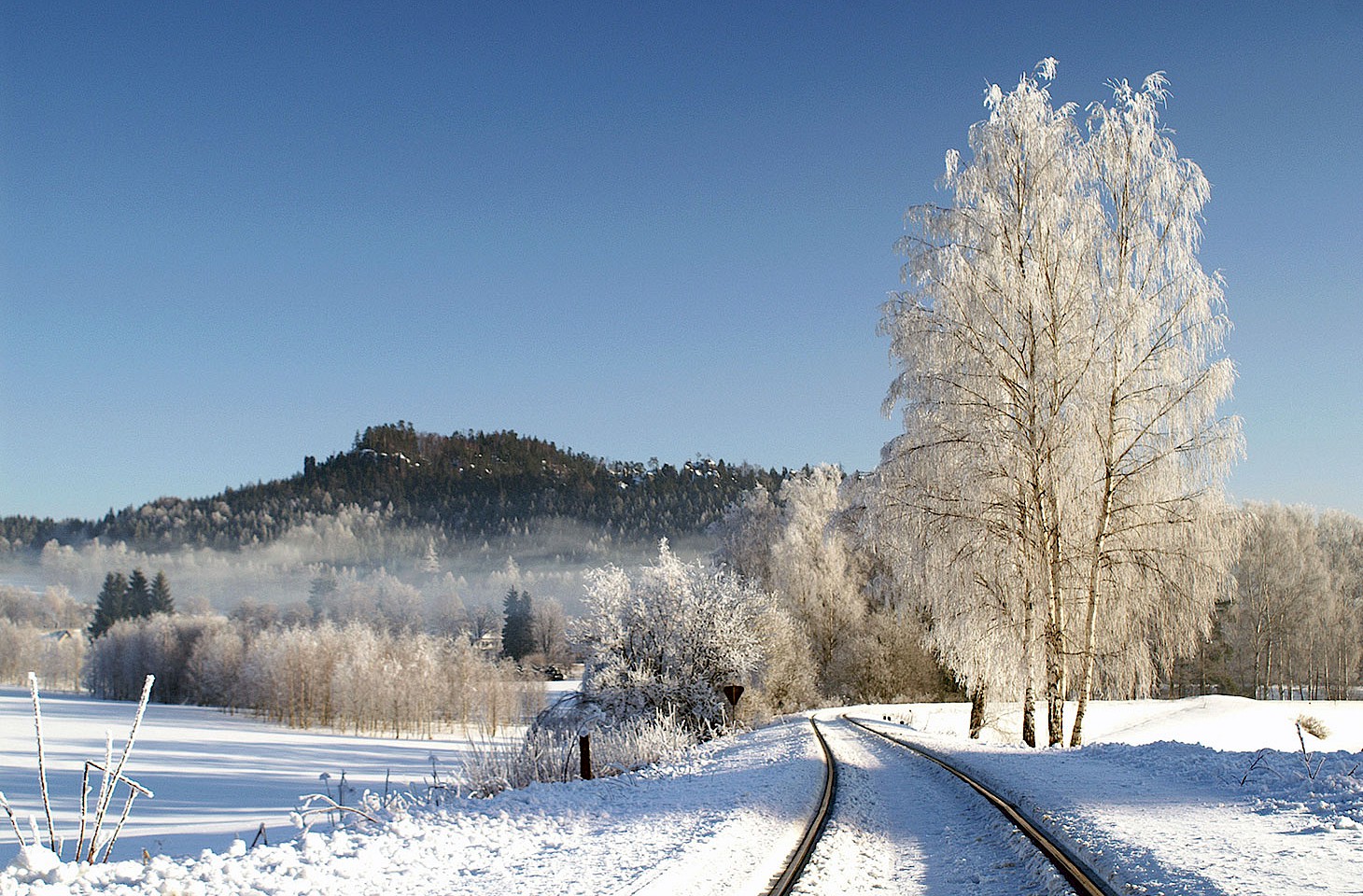Dear fellow travellers
Un des grands malheurs de la vie moderne, c'est le manque d'imprévu, l'absence d'aventures.
Thus wrote Théophile Gautier, in his Voyage en Espagne, a wonderful travelogue by the Romantic poet and critic which was first published in 1843.
Gautier's point is a good one. He argues that travel has been impoverished by predictability. In the 1926 English translation of his essays on Spain, Gautier's take on modernity comes across as a rather weary tirade against stagecoaches that are becoming too fast and too reliable. "What charm can there be in a journey when one is always sure to arrive?" questions Gautier.
Well, when we left London mid-morning yesterday, we thought we were pretty sure to arrive in Berlin by late evening. And Eurostar was as efficient as ever, sliding out of London's handsome St Pancras station bang on time and speeding us effortlessly to Brussels.
Little did we imagine that our roundabout journey would lead us to Paris (just in time for an early supper by the Gare de l'Est), nor could we foresee to be many hours later on a train full of skiers returning from the Swiss Alps to Hamburg and later breakfasting in the company of wild deer in Mecklenburg-Vorpommern.
Remember the ash cloud in 2010? It had a silver lining in making stranded travellers think creatively about the journeys they wanted or needed to make. And similarly with the seasonal doses of wintry weather that play havoc with rail schedules across the continent. A cancelled train from Brussels to Cologne was the first problem yesterday, but it is impressive how train companies are nowadays very willing to send passengers via alternative routes. We opted for Paris, only there to find every sleeper berth sold on the night train to Berlin.
Théophile Gautier famously travelled through Spain with several trunks full of books and guides. We do not venture out quite so encumbered, but we do most certainly always go armed with any railway timetable that might conceivably be of use. And that habit reaped dividends on this recent journey from London to Berlin, allowing us to cast and recast plans with every setback.
One of the great misfortunes of modern life is indeed the absence of the unexpected. Most travel has become utterly predictable. Yesterday was different. It was good to be reminded that departures, still less arrivals, are not fixed in stone. And our meandering search for home had its highlights: dawn over the Harz Mountains, biting cold and brilliant sunshine in Hamburg this morning, a frightened fox escaping the train and dashing across snow-covered Mecklenburg meadows. And then, early this afternoon, there was the sheer pleasure of arriving home. Fifteen hours later than anticipated and none the worse for the experience.
Had everything gone to plan, it would have been just another rail trip across Europe. It was something more. It became a journey we shall always remember, a little adventure that defied our rather humble expectations. Delays and diversions are sometimes good for the soul.
Nicky Gardner and Susanne Kries
(editors, hidden europe magazine)




